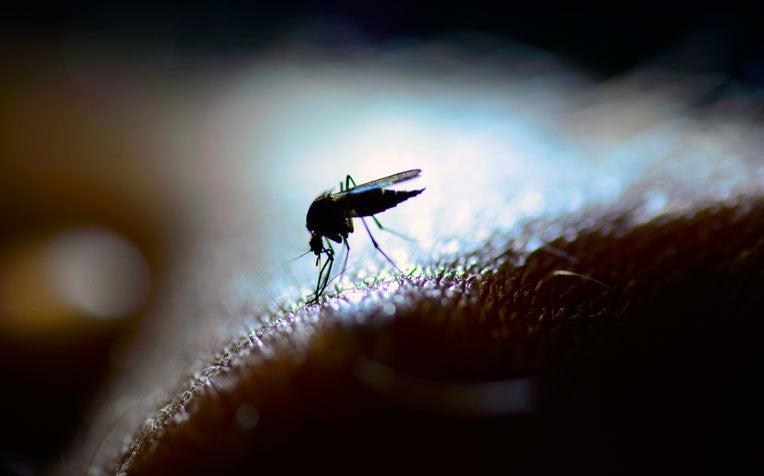
Dengue fever is caused by the dengue virus and is transmitted through the bite of an infected Aedes mosquito.
The National Environment Agency (NEA) is spearheading the fight against dengue fever in Singapore by raising public awareness about mosquito breeding and destroying existing breeding sites.
“As an individual, you can play your part in the fight against dengue fever by protecting yourself and your home environment from the Aedes mosquito,” says Dr Chua Ying Ying, Senior Consultant from the Department of Infectious Diseases at Singapore General Hospital (SGH), a member of the SingHealth group.
How to protect yourself and loved ones from dengue fever
You can protect yourself and your family against dengue fever by taking the following precautions:
Protect yourself against mosquito bites
Prevent mosquito breeding inside and outside your home
Avoid visiting areas prone to mosquitoes
If you live in a neighbourhood identified as a dengue cluster*, or if you are visiting a dengue cluster or a mosquito-prone area, heed the following advice:
1. Apply mosquito repellent, ideally one containing DEET.
Apply it to exposed skin and/or clothing, using enough to cover the entire area. Do not apply it under clothing.
Do not apply it on cuts, wounds or irritated skin.
Do not apply it near the eyes or mouth, and apply sparingly around ears.
When using sprays, never spray directly on the face. Spray it on your hands first and then apply it to your face. Wash your hands afterwards.
Do not allow children to handle a repellent. When using it on children, apply it to your own hands first and then put it on the child. Avoid applying it to children’s hands.
Do not use an insect repellent for infants under two months of age.
2. Wear long-sleeves and long pants to cover your arms and legs.
3. Use mosquito nets while sleeping.
“If you or your child gets a rash or any other negative reaction from an insect repellent, wash it off with mild soap and water and stop using the product. Consult a doctor if the condition persists,” advises Dr Chua Ying Ying.
About dengue fever
Dengue fever is caused by the dengue virus and is transmitted through the bite of an infected Aedes mosquito. Dengue fever symptoms include:
Fever
Intense headache
Body aches
Joint pains
Loss of appetite
Nausea
Vomiting,
Skin rashes and
mucosal bleeding
There is no specific treatment for dengue fever, but adequate fluid intake and bed rest is important. Most patients recover within two weeks.
However, dengue fever can turn severe, leading to dengue haemorrhagic syndrome and dengue shock syndrome.
According to the World Health Organisation (WHO), dengue is classified into dengue without warning signs, dengue with warning signs and severe dengue. It is important to recognise the warning signs such as abdominal pain, persistent vomiting, mucosal bleeding, lethargy and fluid accumulation as it may progress to severe dengue. Even dengue patients without warning signs can develop severe dengue. Dengue fever with warning signs and severe dengue require aggressive emergency treatment and hospitalisation.
Read page 2 for steps to take to safeguard your home from mosquito breeding.
* A dengue cluster is formed when 2 or more dengue cases occur within 14 days and the homes of the dengue victims are within the distance of 150m. For the latest number of dengue cases in Singapore, you can visit the NEA dengue website here.
Because #healthiswealth #healthforgood
Check out other dengue-related articles:
Dengue Fever: 4 Things to Do for Fast Recovery
Severe dengue: What are the symptoms?
Not just dengue, the Aedes mosquito also causes this
Dengue: Latest Updates in Singapore and Internationally
Ref: S13
Contributed by


















 Get it on Google Play
Get it on Google Play